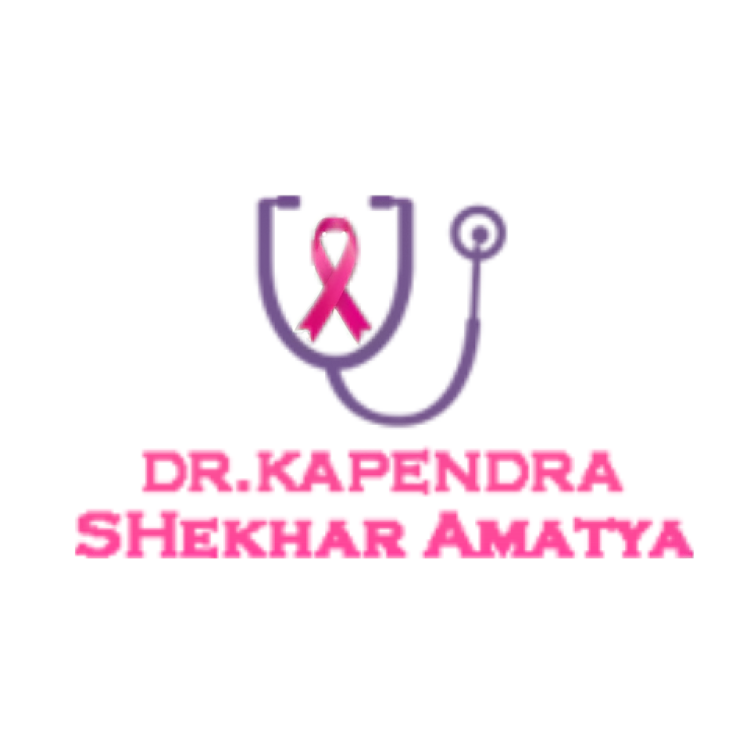FAQs for Breast Cancer and Breast Health
A doctor specializing in breast health is called a breast surgeon or breast specialist, often trained in surgical oncology or general surgery with a focus on breast diseases and cancer.
For breast-related concerns, you can consult a breast specialist or a gynecologist for initial evaluation. If further care is needed, you may be referred to a breast cancer surgeon or an oncologist for specialized treatment.
Yes, a gynecologist can evaluate and manage benign breast lumps. However, for suspicious or complex cases, they may refer you to a breast cancer surgeon like Dr. Kapendra Shekhar Amatya for advanced care.
Dr. Kapendra Shekhar Amatya is considered one of the best breast specialists in Nepal, with over two decades of experience in advanced breast cancer surgeries and reconstructive techniques.
Dr. Kapendra specializes in:
- Breast cancer surgery
- Minimally invasive procedures
- Breast-conserving surgery
- Reconstructive breast surgery
- Male breast issues (gynecomastia)
- Comprehensive cancer care and targeted therapy in collaboration with oncologists
During a breast exam, the doctor will check for lumps, changes in breast shape, or any abnormalities. Imaging tests like mammograms or ultrasounds may be recommended if needed.
Yes, it’s common to feel anxious before a breast clinic visit. However, breast specialists are experienced in providing compassionate care and answering your concerns to make the process comfortable.
Breast cancer is the most common cancer among women worldwide. Early detection through regular screenings significantly improves treatment outcomes.
Yes, though rare, male breast cancer and other breast-related conditions like gynecomastia (enlarged male breast tissue) can occur. Specialized care is available for these issues.
Yes, men can develop breast lumps, which may be benign (like gynecomastia) or cancerous. It’s important for men to seek evaluation for any unusual breast changes.
Advanced treatments include:
- Minimally invasive breast surgery
- Breast-conserving surgery
- Reconstructive procedures
- Chemotherapy and radiation therapy in collaboration with oncologists
Dr. Kapendra Shekhar Amatya is a pioneer in breast cancer treatment in Nepal, offering innovative techniques, compassionate care, and a focus on preserving body image.
Yes, Dr. Kapendra provides care for various breast conditions, including benign lumps, cysts, infections, and male breast issues.
Adopting a healthy lifestyle, including regular exercise, a balanced diet, and routine breast exams, can help reduce breast cancer risk.
Yes, breast cancer can be hereditary. Family history plays a significant role in increasing the risk of developing breast cancer. Specific gene mutations, such as BRCA1 and BRCA2, are linked to a higher likelihood of the disease. Genetic counseling and testing are recommended for individuals with a strong family history of breast cancer to assess their risk and explore preventive options.
Women aged 20-40 should have a clinical breast exam every 1-3 years, while women over 40 should consider annual screenings, including mammograms.

